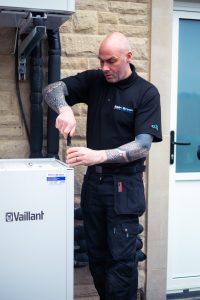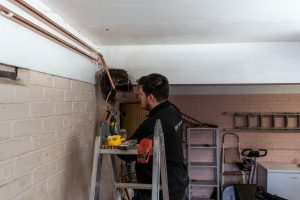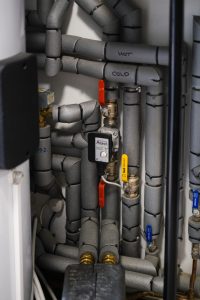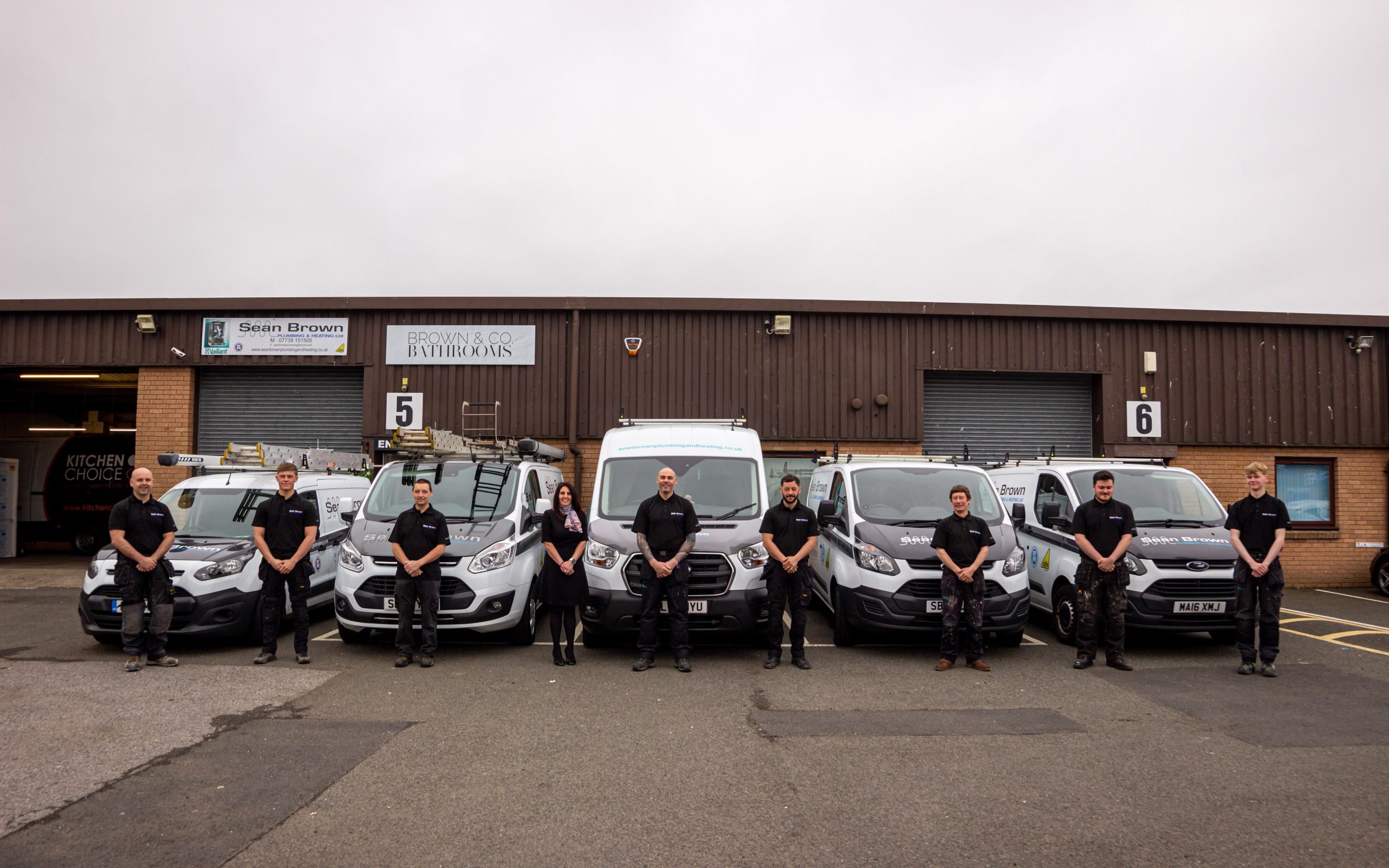When it comes to home plumbing, it’s a fair assumption that you probably never give it a second thought until something happens that impacts your daily routine. Plumbing issues can range from seemingly minor issues to major emergencies that need to be fixed as soon as possible. Whatever the issue, the Sean Brown Plumbing and Heating team are always on hand to offer our assistance and get the job done and put your minds at ease as swiftly as possible.
However, we also believe it is incredibly wise for all homeowners to be armed with certain pieces of knowledge that will stand you in good stead if a plumbing issue were to arise. After all, it’s better to be ready for whatever may come and know how to take a preventative angle now and an emergency preparedness angle if need be.
In light of this, we have created this guide to 5 frequently asked plumbing related questions and their answers. Want to discuss any of these things further? Contact the Sean Brown Plumbing and Heating team today.

1. How do I avoid water damage?
When your home experiences water damage, it is important to act quickly in order to clean up and restore the affected areas of the property. However, preventative maintenance can be undertaken to avoid water damage before it happens.
In your bathroom, we recommend inspecting your tiles to see if any are missing or cracked. Also check any grouted areas to ensure that the grout is not missing. This is because water can seep behind tiles and damage the wall if tile and grout is not in good condition.
We also recommend inspecting the seal on the bottom of your toilet regularly. If you see water near the base of the toilet, you should see to having the seal replaced as soon as possible. Additionally, ensure the toilet’s tank does not leak. If you hear the tank filling for no reason, that will indicate if there is a leak.
Finally, we also recommend regularly inspecting the adjacent rooms to your bathrooms. Water and moisture detected in these areas could indicate a problem in the bathroom.

2. What should I do when a pipe bursts?
The first thing you should do when a pipe bursts is turn off the water at the main valve. You should also remember to turn off the electricity, especially in the room where the burst pipe is as water and electricity are far from good friends and you don’t want to end up with a nasty shock.
It may also be prudent at this stage to take photographs of the damage done as your insurance provider will require photographic evidence of the damage in order to verify any claim you make.
Once you’ve put safety first and turned things off at the mains, give an experienced plumber a call and we will come out and assess the situation for you. When a pipe bursts, we never recommend non-professionals to attempt to fix the problem at hand. Give us a call as soon as you can because water damage can produce mould, which can appear within 24hrs of flooding.

3. What are the warning signs I should look for?
Warning signs that point to plumbing problems can vary but a drop in water pressure within your home will be the first obvious sign to look out for. It could just be an issue in one part of your home but if the problem occurs throughout your home you may have an issue at your water main.
Also, at times you may find little cracks in your plumbing system. Whilst this may not be an issue at the time, it will get worse as time wears on. Cracks will usually always lead to more and bigger cracks. Your problem won’t get smaller; it will only get bigger, so be on the lookout for these.

4. Why do we run out of hot water so quickly?
Depending on the age and type of your water tank/ boiler there are a couple of reasons that you might be running out of hot water so quickly.
Electric water heaters usually have 2 elements that heat the water – the top element and the lower element. If you are experiencing issue with this type of heater, the chances are that the lower element is not working and only the top portion of the tank is being heated. If the top element stops working, then neither will heat up and you will have no hot water.
If you have a gas hot water tank, however, the most common reason for a lack of hot water is the dip tube. A dip tube is a piece of pipe that moves the cold water to the bottom of the tank to get heated. Over time this dip tube can get shorter causing the cold water to mix with the hot.
Have another type of water system and still can’t figure out why you’re running out of hot water? Call us with your questions.

5. Can I not just tackle the plumbing job myself?
Before diving in and tackling a plumbing job yourself, as yourself these questions:
Do you have the necessary materials and tools?
Do you have the time to do the job properly?
Do you have the expert knowledge to ensure no greater damage will come about as a result of your actions?
Do you have the budget to allow for greater damage to occur?
The Sean Brown team have been experts of the trade for over 10 years now. We never recommend trying something yourself at the possible expense of further damage to your home. Most plumbing jobs are highly specialised, so whilst arming yourself with the knowledge above will help you keep your home in good order, if something were to ever go wrong, we always recommend getting in touch with the plumbing experts.

